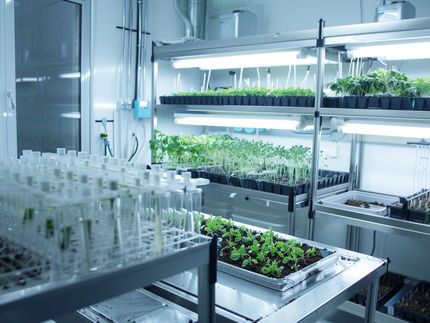To cut food waste, we may need to pay more for what we eat
The public recognise the problem
Advertisement
How can we reduce food waste? Although the Swiss population are aware of the problem, they misjudge where most food waste is generated, ETH political scientists conclude. The general public support cutting food waste, even if this means food will cost more.

Photo by Joshua Hoehne on Unsplash
When food is produced but not consumed, this leads to unnecessary CO2 emissions, land and water consumption and, in the long term, loss of biodiversity. Twenty-five percent of the environmental impact of Switzerland’s nutrition is due to avoidable food waste.
Along with more than 190 countries, Switzerland has adopted the UN Sustainable Development Agenda for 2030. One goal here is to halve per capita food loss at retail and consumer level by 2030, and to reduce food losses arising along the production and supply chain. Whether and how this goal can be achieved will depend largely on the support of the Swiss population.
As part of the Swiss Environmental Panel – a joint venture between ETH Zurich and the Federal Office for the Environment (FOEN) – researchers from the ETH Chair of Political Science (International Relations) sounded out public opinion on food waste, selecting a sample representative of the population in Switzerland. The survey was carried out from June to August 2019, and a total of 3,229 people took part.
The public recognise the problem
Public awareness is high, with most of the Swiss population regarding food waste as a moral and economic problem. The majority also perceive it as an environmental problem, although opinions differ here. Respondents who see themselves as on the left politically agree more strongly than those who incline to the right.
The Swiss population assess, rightly, that about a third of the food produced for Swiss consumption is either lost along the supply chain or is thrown away in the end. However, their perception of which areas generate most food waste is far from accurate. For example, they greatly overestimate the proportion of total food waste generated by restaurants and retailers, and underestimate that from households and food processing companies.
So what’s to be done?
The majority of the Swiss population are already doing something to eliminate unnecessary food waste in their households, and are prepared to do even more in future. Most consider the current voluntary efforts at household and company level to be insufficient, and are in favour of stronger, more binding measures by the state to reduce food waste.
Such measures include government-funded information campaigns, a more intense addressing of the issue in schools and vocational training institutions, regulations on how companies should deal with food with an imminent expiry date, a legal obligation to reduce food waste by 50 percent by 2030, an obligation to report on waste reduction, and a charge for companies for food waste disposal.
The general public consider successfully reducing food waste a high priority. Whether companies act voluntarily or are compelled by regulations is of secondary importance, as long as their commitment is credible and can be verified transparently. To achieve a 50 percent reduction in food waste, the majority of Swiss citizens would be prepared to accept a 10 percent surcharge on food prices.


























































